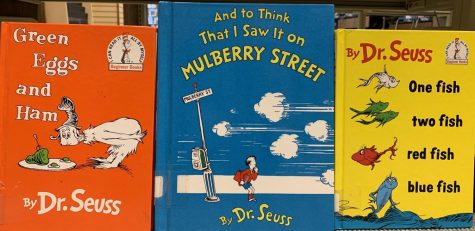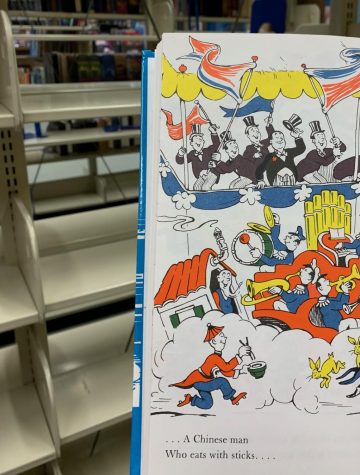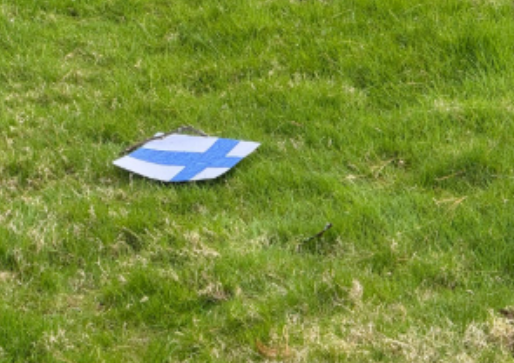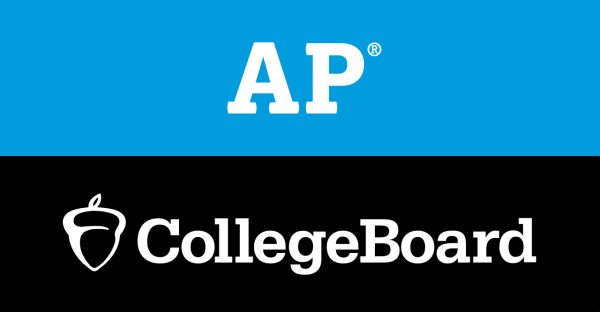The Dr. Seuss’ Dilemma: Frequently Challenged Books with a Modern Twist
The estate of famous children’s author, Dr. Seuss, has stopped printing six of his books after deeming they contain ethnic and racial stereotypes, but this isn’t the first time famous books have been challenged, discontinued or banned.
On March 2, 2021, the estate of Theodor “Dr. Seuss” Geisel declared that they would no longer be selling the books And to Think That I Saw It on Mulberry Street, If I Ran the Zoo, McElligot’s Pool, On Beyond Zebra!, Scrambled Eggs Super!, and The Cat’s Quizzer.

“These books portray people in ways that are hurtful and wrong,” the Seuss estate said in a statement. The decision came after a panel reviewed Dr. Seuss’ stories and decided that the aforementioned six books have offensive elements. Consequently, the Seuss estate made the decision to stop publishing them.
Despite the fact that the Seuss estate made this decision themselves, many people feel that this is “Cancel Culture” at play. “I think this [the discontinuation of some of Seuss’ books] is a way to save his legacy because obviously he is a well-known author and a lot of people grew up reading him so it’s a way to preserve what kids have seen him as…,” says Akshatha Nair, senior at Hall High School.
Erik Bergvik, an English teacher at Hall High School, also feels that this is a method to protect Dr. Seuss’ renowned brand: “I think they [The Seuss Estate] probably saw potential controversy down the line, and tried to get ahead of it.”
The book And to Think That I Saw It on Mulberry Street is in question for depicting a Chinese person in a stereotypical way.

“I think since it’s for kids and they can’t really understand the background of what’s actually going on, I think it’s best that they don’t keep selling them,”says Mica Lovell, senior at Hall High School who agrees with the banning of such books.
Nair concurs with Lovell’s perspective, noting that when she was younger and reading those books, she never recognized that they could be damaging to certain demographics.
Frequently Challenged Books on the Internet
Around this same time, Amazon announced that they will no longer sell Ryan T. Anderson’s When Harry Became Sally, a book critiquing transgender theory and gender dysphoria treatments. The book has been removed from all Amazon platforms, prompting a debate between the retail company and numerous conservative individuals and organizations.
“ … we have chosen not to sell books that frame LGBTQ+ identity as a mental illness,” Amazon stated in a letter signed by Brian Huseman, Vice President of Public Policy.
This induced a letter signed by several Republican senators dated February 24, containing a request for an explanation as to why Amazon removed Anderson’s book. The letter claims it is “a signal to conservative Americans that their views are not welcome on its platforms”. The letter was signed by Senator Marco Rubio (R-FL) and Senator Mike Lee (R-UT), among others.
“Amazon is using its massive power to distort the marketplace of ideas and is deceiving its own customers in the process,” Anderson and his publishing company stated following the book’s removal.
Huseman defended the company’s decision frankly: “That said, we reserve the right not to sell certain content. All retailers make decisions about what selection they choose to offer, as do we”.
Other Examples of Frequently Challenged Books
The banning, challenging, changing, and discontinuation of books is not a new process. Roald Dahl originally depicted the factory workers in Charlie and the Chocolate Factory as Pygmies from Africa, but eventually changed them to Oompa Loompas. Dav Pikey, author of the Captain Underpants series, recently discontinued one of his books for containing racist imagery.
Additionally, many commonly taught books in high schools are considered banned. For example, books such as The Great Gatsby, To Kill a Mockingbird, and 1984 have consistently been in question. When asked if he has taught any banned books, Bergvik told us he taught To Kill a Mockingbird, and in a strategic way.
“I know when I taught Mockingbird, one of my goals was not to quite literally whitewash it. It’s been treated in the past, like ‘here is a great story about a great guy, doing a great thing,’” stated Bergvik.

How exactly do books become banned? Libraries, schools, etc. file reports for books that they deem inappropriate. These reports then go to the American Library Association Office for Intellectual Freedom where they analyze each case.
For more information on how books become banned and the implications of such banning, visit the article on Book Banning in the United States by Nadia Ford, Duke University alumna.





